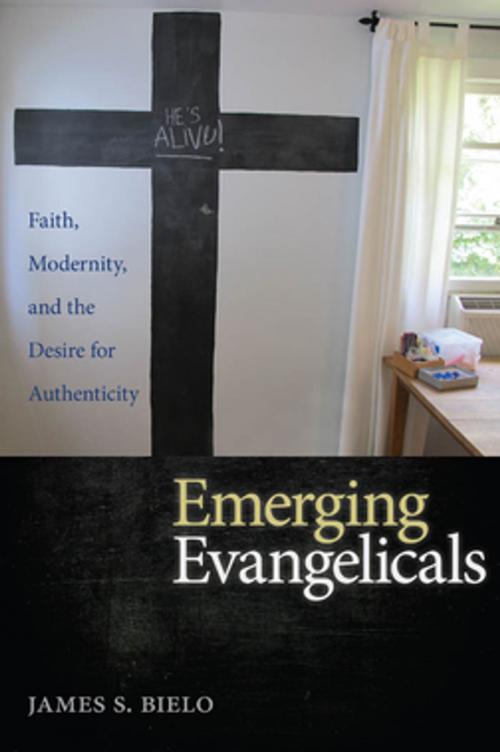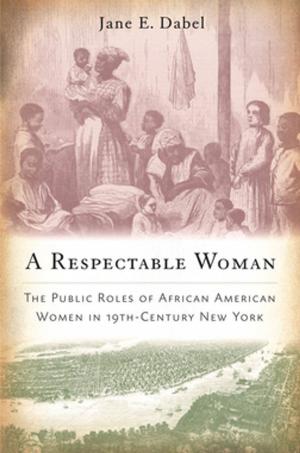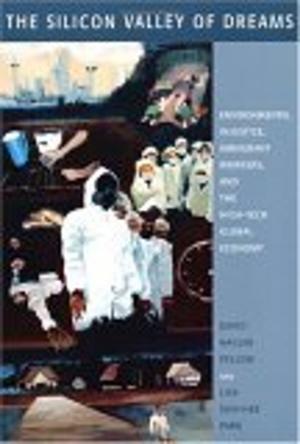Emerging Evangelicals
Faith, Modernity, and the Desire for Authenticity
Nonfiction, Religion & Spirituality, Christianity, Evangelism, Social & Cultural Studies, Social Science, Anthropology| Author: | James S. Bielo | ISBN: | 9780814789568 |
| Publisher: | NYU Press | Publication: | October 1, 2011 |
| Imprint: | NYU Press | Language: | English |
| Author: | James S. Bielo |
| ISBN: | 9780814789568 |
| Publisher: | NYU Press |
| Publication: | October 1, 2011 |
| Imprint: | NYU Press |
| Language: | English |
The Emerging Church movement developed in the mid-1990s among primarily white, urban, middle-class pastors and laity who were disenchanted with America’s conservative Evangelical sub-culture. It is a response to the increasing divide between conservative Evangelicals and concerned critics who strongly oppose what they consider overly slick, corporate, and consumerist versions of faith. A core feature of their response is a challenge to traditional congregational models, often focusing on new church plants and creating networks of related house churches.
Drawing on three years of ethnographic fieldwork, James S. Bielo explores the impact of the Emerging Church movement on American Evangelicals. He combines ethnographic analysis with discussions of the movement’s history, discursive contours, defining practices, cultural logics, and contentious interactions with conservative Evangelical critics to rethink the boundaries of “Evangelical” as a category. Ultimately, Bielo makes a novel contribution to our understanding of the important changes at work among American Protestants, and illuminates how Emerging Evangelicals interact with the cultural conditions of modernity, late modernity, and visions of “postmodern” Christianity.
The Emerging Church movement developed in the mid-1990s among primarily white, urban, middle-class pastors and laity who were disenchanted with America’s conservative Evangelical sub-culture. It is a response to the increasing divide between conservative Evangelicals and concerned critics who strongly oppose what they consider overly slick, corporate, and consumerist versions of faith. A core feature of their response is a challenge to traditional congregational models, often focusing on new church plants and creating networks of related house churches.
Drawing on three years of ethnographic fieldwork, James S. Bielo explores the impact of the Emerging Church movement on American Evangelicals. He combines ethnographic analysis with discussions of the movement’s history, discursive contours, defining practices, cultural logics, and contentious interactions with conservative Evangelical critics to rethink the boundaries of “Evangelical” as a category. Ultimately, Bielo makes a novel contribution to our understanding of the important changes at work among American Protestants, and illuminates how Emerging Evangelicals interact with the cultural conditions of modernity, late modernity, and visions of “postmodern” Christianity.















